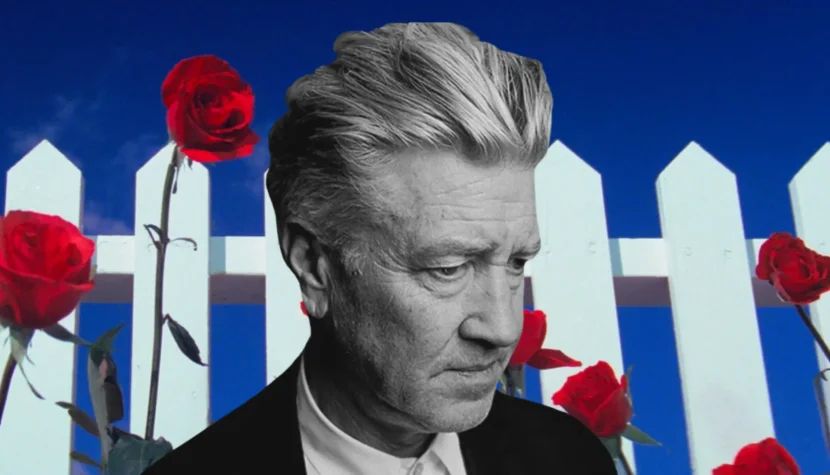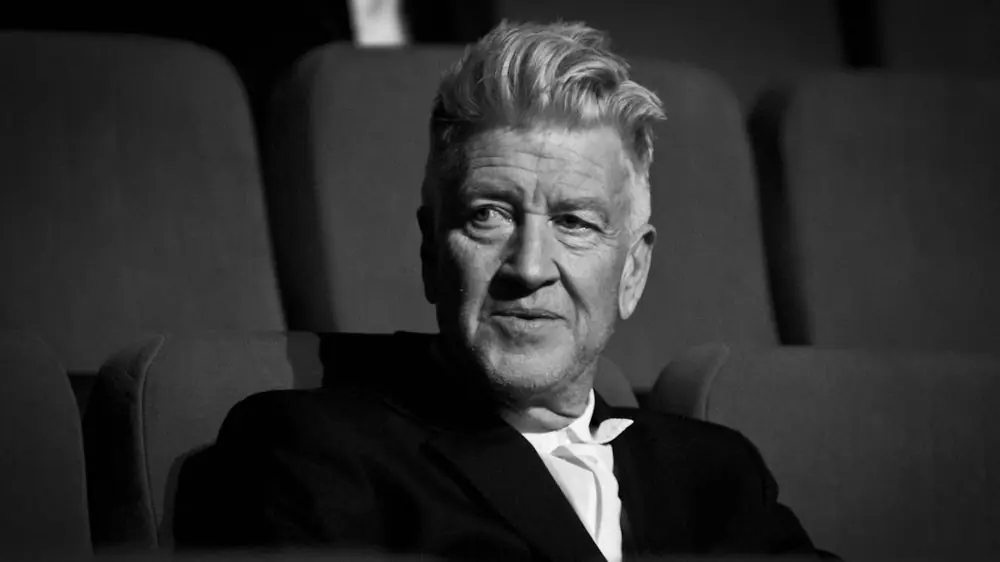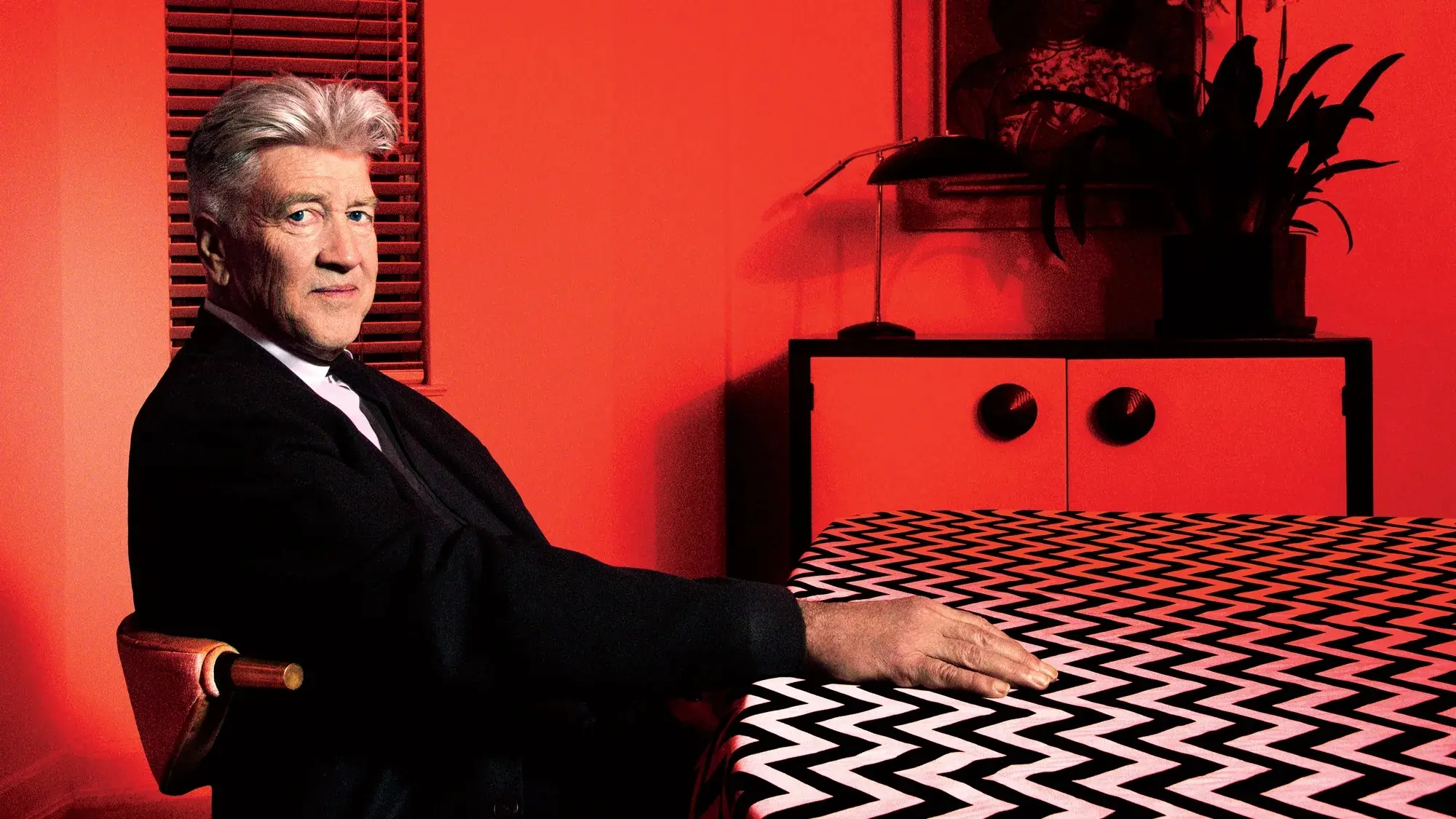DAVID LYNCH: Great Love and Dark Dreams

David Lynch, in a conversation with Harry Dean Stanton — an actor he collaborated with throughout his career — once asked how Stanton would like to be remembered. Stanton immediately replied that it didn’t matter. A smile spread across Lynch’s face, and his eyes shone with a light of complete understanding.
This anecdote could very well conclude this text, but undoubtedly, for the cultural world, the news of Lynch’s death would matter. His work will forever remain a part of him. I deliberately and consciously use the term “culture” rather than “cinema,” because in his exceptionalism, the American went far beyond the boundaries of the seventh art. Naturally, he was a screenwriter and film director, but also — of course! — a TV director, visual artist, composer, actor, and performer.
He left behind a remarkable decalogue in the form of ten full-length films, each of them a cult classic, as well as numerous short films and television productions, including the iconic Twin Peaks from the early 1990s and its controversial yet, in my view, brilliant continuation from 2017.
Lynch was an artist about whom one could say, more deservedly than almost anyone else, that he transformed American cinema and television. He shattered established conventions, introduced a new quality, scraped away superficiality, and revealed the true colors of individuals and society.

Of course, his works were steeped in darkness, serving as an exceptional translation of dreamlike poetics into film and television narrative — most often nightmares. One must mention the groundbreaking Blue Velvet, which juxtaposes idyllic American suburbs with the horror of the seedy underbelly; Lost Highway, an autopsy of a perpetrator unable to find peace after committing a crime; or what many call Lynch’s magnum opus, Mulholland Drive, where the protagonist becomes lost in her dreamlike fantasies, brutally interrupted by the weight of reality.
What captivated me most about Lynch’s work, however, was that he never got lost in that darkness. He was a profoundly humanistic creator, deeply attuned to the duality of human nature and the metaphysical battle between good and evil waged eternally for our souls. Perhaps the clearest expression of this was the story of Twin Peaks, told across two series and a film. There, as the first atomic bomb test unleashed unspeakable evil in the form of the chilling Bob, the benevolent Giant created pure goodness in the form of Laura Palmer.
In the documentary David Lynch: The Art Life, Lynch explained why he never completed formal schooling, saying that the only things that mattered were people, relationships, carefree dancing, great love, and dark, fantastical dreams. To me, this perfectly encapsulates how Lynch viewed the world. Darkness was a part of it, but joy and goodness always pushed it into the background.

It’s worth noting that the creator, known for crafting disquieting, logic-defying phantasmagorias, was moved by someone else’s script only once — so much so that he decided to bring it to the big screen himself. That was The Straight Story, a heartwarming tale about retired Alvin, who travels on a small tractor from Iowa to Wisconsin to reconcile with his ailing brother before he dies.
If I were to choose a moment in Lynch’s oeuvre that moved me most deeply, I would highlight, among many others, a scene from the latest Twin Peaks, where Lynch, playing Gordon Cole, tells his transgender supervisor that when she transitioned, he went to her colleagues and told them to fix their hearts or die.
Thank you, Master, for mending our hearts over four decades of creation. See you somewhere out there, among those extraordinary trees in the town of Twin Peaks.

